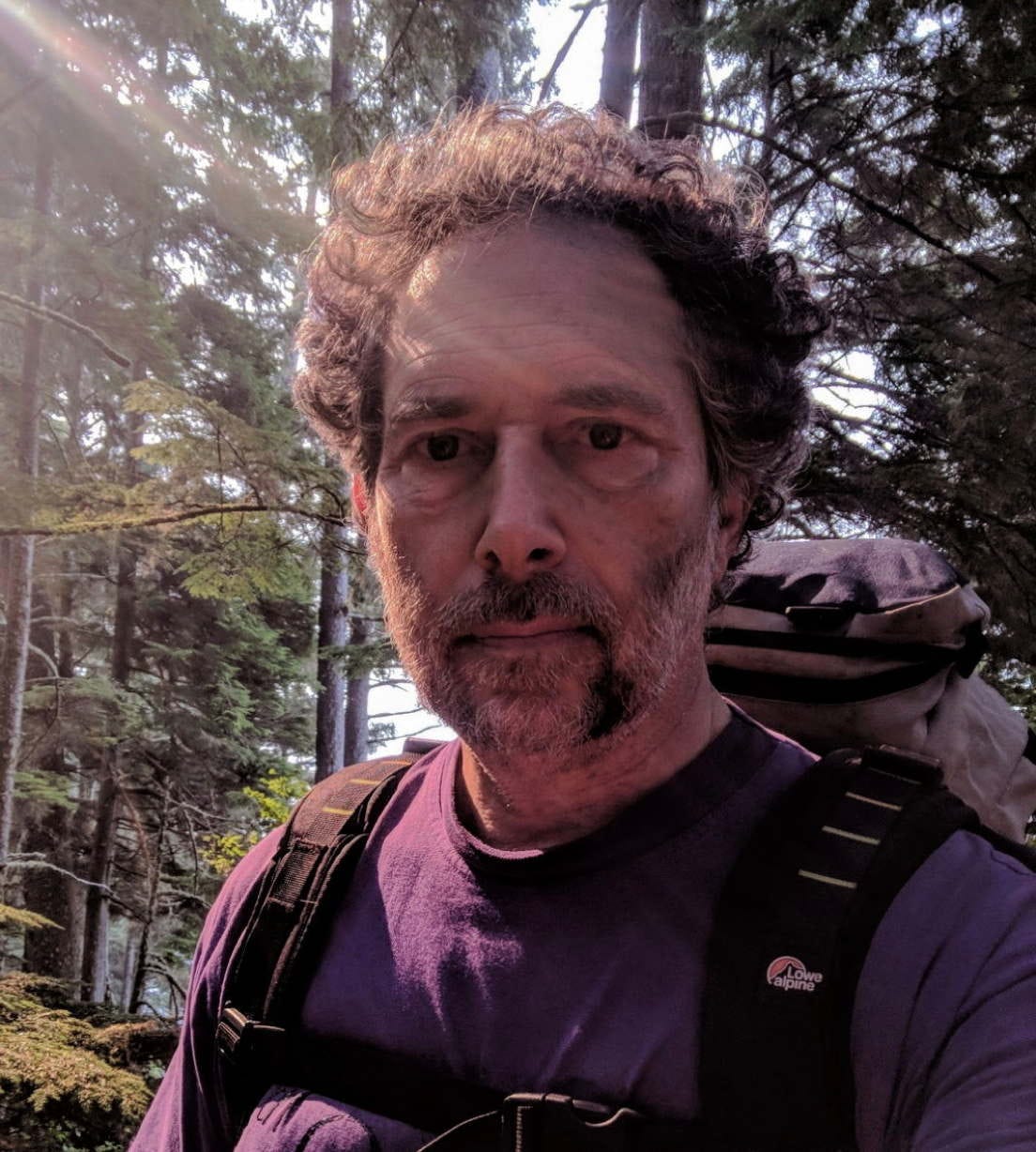How Authenticity and Vulnerability Pay Off and Help You Win Personally and Professionally
An Interview With Maria Angelova in Authority Magazine
This “interview” exemplifies the artificial intelligence concept that a machine can ask questions and intelligent answers will follow. In this case, the questions are pointless, my answers are personal, and the interview reads like something out of a bad science fiction.
The result is a disconnect between the interviewer—who does not really exist becaus…
Keep reading with a 7-day free trial
Subscribe to Stream of Subconsciousness to keep reading this post and get 7 days of free access to the full post archives.



